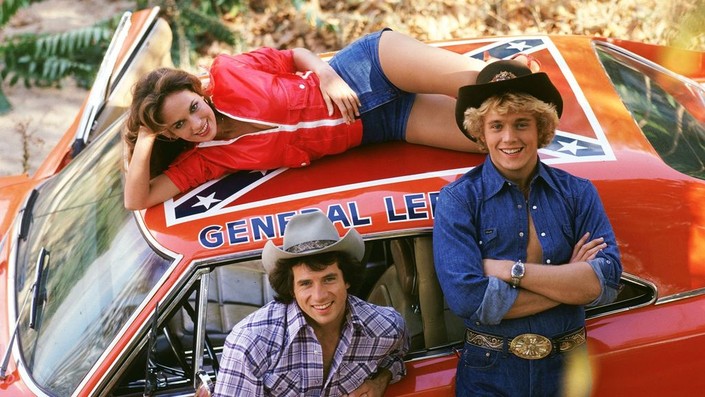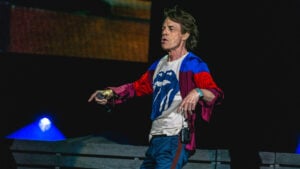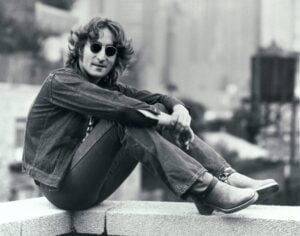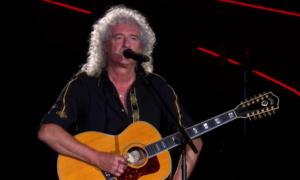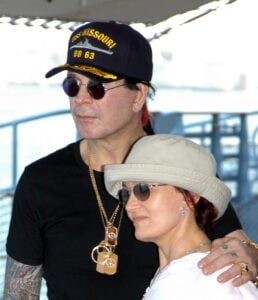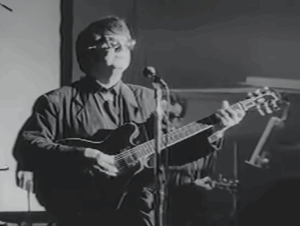10 Famous 70s Shows That Would Be Canceled Today
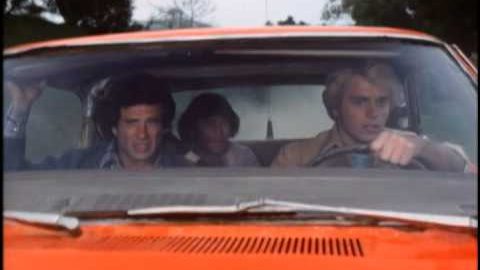
via efiste2 / Youtube
This was then the era of all time, bridging between the revolutionary spirit of the ’60s and the flashy neon of the ’80s. Culture continued to shift fast in the still unfolding movements for gender and racial equality.
As pop culture was transformed across entertainment conduits, one would find a strong clique of writers in Hollywood tenaciously holding onto yesteryear’s social mores. While television during the ’70s always painted some influence of the traditional studio mentality through drama and sitcoms, it spoke of a time that was simultaneously progressive and nostalgic.
Different Strokes (1978 – 1985)
Diff’rent Strokes, one of the late ’70s most infamous sitcoms, is recalled for depicting two young Black boys from Harlem, Gary Coleman and Todd Bridges, adopted by a wealthy white businessman after their mother’s death. Although Coleman’s catchphrase became iconic among Generation X, the series consistently relied on stereotypes of lower-income Black culture and supplied a “white savior” narrative.

Three’s Company (1977 – 1984)
While John Ritter is still considered one of television’s greatest physical comedians, the sitcom Three’s Company, which launched him to stardom, hasn’t aged particularly well. Very often the show relied on archaic stereotypes and played to middle-class prejudice, such as the conservative ‘disapproval’ by the landlords to co-ed living arrangements and humor in a derogatory term about homosexuality and women through the legerdemain of Jack Tripper and his friend Larry Dallas.

All In The Family (1971 – 1979)
Widely regarded as one of television’s greatest sitcoms, All in the Family by Norman Lear is one that tackled America’s most deeply ingrained biases with humor and biting social commentary. Utilizing the character of Archie Bunker as played by Carroll O’Connor, it demonstrated the common prejudices of the time. While groundbreaking in their criticism of bigotry and sexism, Bunker’s character would probably be considered too archaic for today’s audiences.
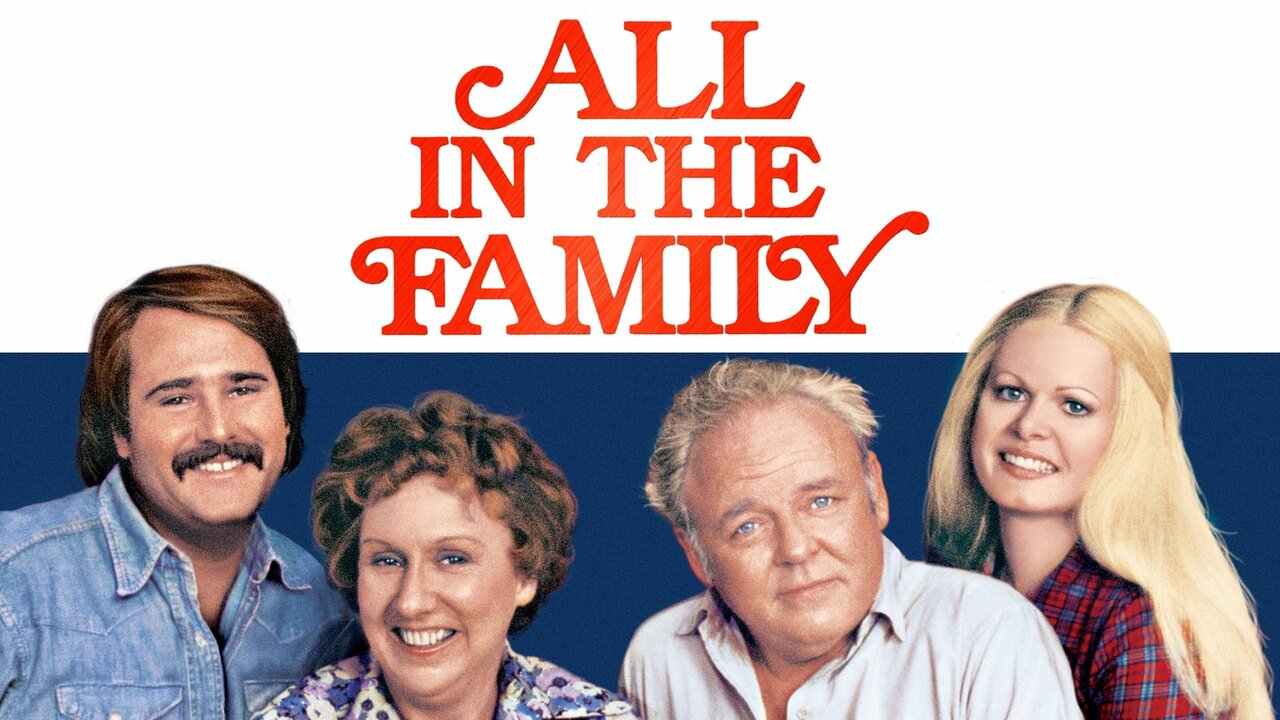
The Jeffersons (1975 – 1985)
This All in the Family spinoff was just as popular, its original appearance as a guest role for Sherman Hemsley on All in the Family leading to a full series about a Black family that had “moved on up.” The program was historic in its portrayal of a more affluent setting for Black Americans than was common on TV at the time. However, the lead character was often depicted as loud and shrill, and he frequently showed his own prejudices, especially regarding his neighbors in an interracial marriage.
:max_bytes(150000):strip_icc()/tcdjeff_ec001-2000-9e7ce125fe304462bb191c4cde49f4eb.jpg)
Alice (1976 – 1985)
As the first American diner on television, Alice adapted from the 1974 film Alice Doesn’t Live Here Anymore, starring Linda Lavin as a waitress and aspirant singer in a role that became a ’70s icon for feminist fortitude. Even when Lavin’s acting was lauded by critics, the show relied too often for its comedy on the outdated, chauvinistic remarks that dribbled from the mouth of the diner owner Mel, who constantly demeaned his waitresses with sexist jabs.

Welcome Back, Kotter (1975 – 1979)
Welcome Back, Kotter, another runaway ’70s sitcom, is probably most remembered for launching John Travolta to greater fame in Saturday Night Fever and Grease. The program was praised for its representation of inner-city youth, also known as Sweathogs, in a multicultural, remedial classroom. Such programs did little else but adhere to stereotypes, representing urban students with stereotypes of idleness and delinquency.

Fat Albert And The Cosby Kids (1972 – 1985)
A majority of the Boomers and Gen Xers who grew up watching it as a Saturday morning cartoon loved Fat Albert and the Cosby Kids. It, however, proves impossible to revive, especially with the dark history of Bill Cosby and the changing attitudes of society. Nevertheless, the show remains culturally relevant even though it is wrong regarding the treatment it accorded to the Junkyard Gang; it perpetuated stereotypical characters such as Mushmouth, Dumb Donald, and Weird Harold. Although the headlining Fat Albert was a vehicle designed to empower the obese, his persona still became a casualty of the industry’s propensity to equate obesity with gluttony.

Chico And The Man (1974 – 1978)
It was hailed in its early seasons for providing long-overdue Latino representation on television but has been criticized because of reliance on outdated stereotypes. The title character name for the show Chico was a slur much like referring to Black men as “boy” and Freddie Prinze, who played the role, had mixed Hungarian and Puerto Rican ancestry. Best known for his role in the camp favorite Willy Wonka and the Chocolate Factory, Jack Albertson plays Ed Brown, patterned after Archie Bunker, and spewing racist diatribes throughout.
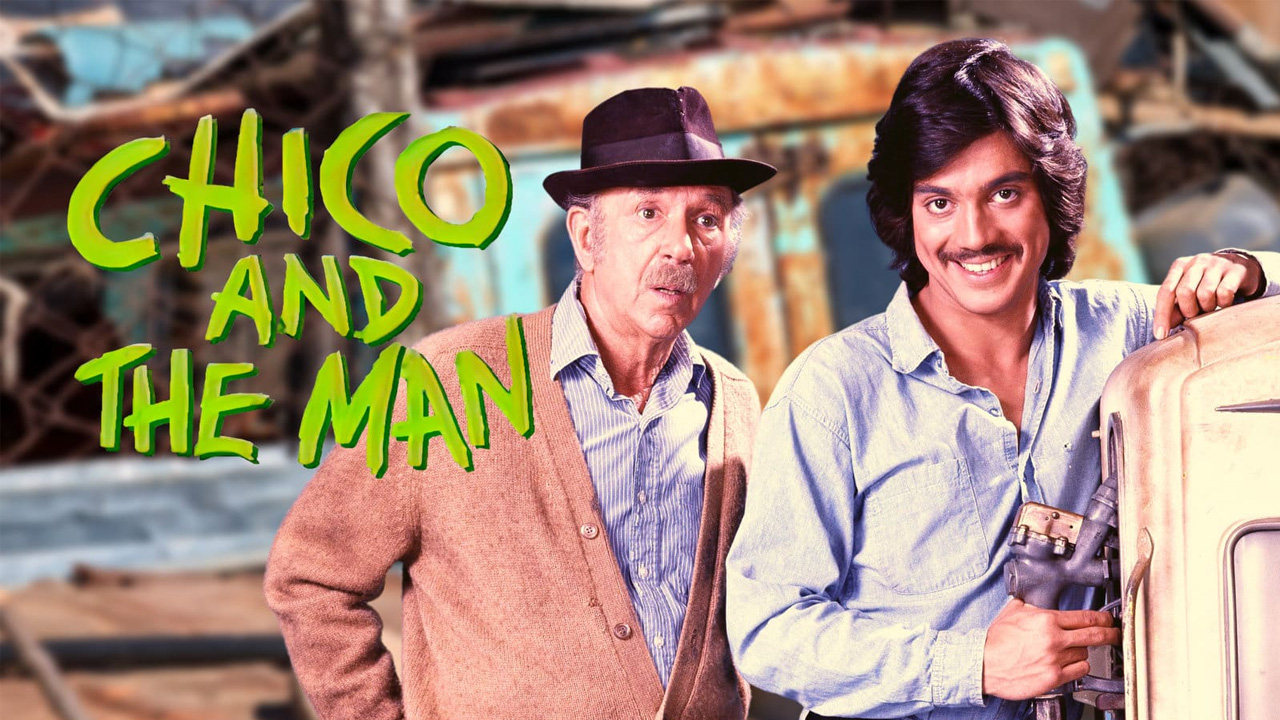
The Love Boat (1977 – 1986)
The Love Boat was a precious nostalgic gem across generations for predictable weekly guest star couples’ rekindled romance and the wacky antics of the regular crew. Innocuous at its time, the series was filled with politically incorrect fare, including skimpy bikinis, sexism, and a dated portrayal, particularly in the role of Ted Lange’s bartender, Isaac. The other aspect it reflected was a disturbing approach to racial dynamics that makes it hard to revisit in the modern context.
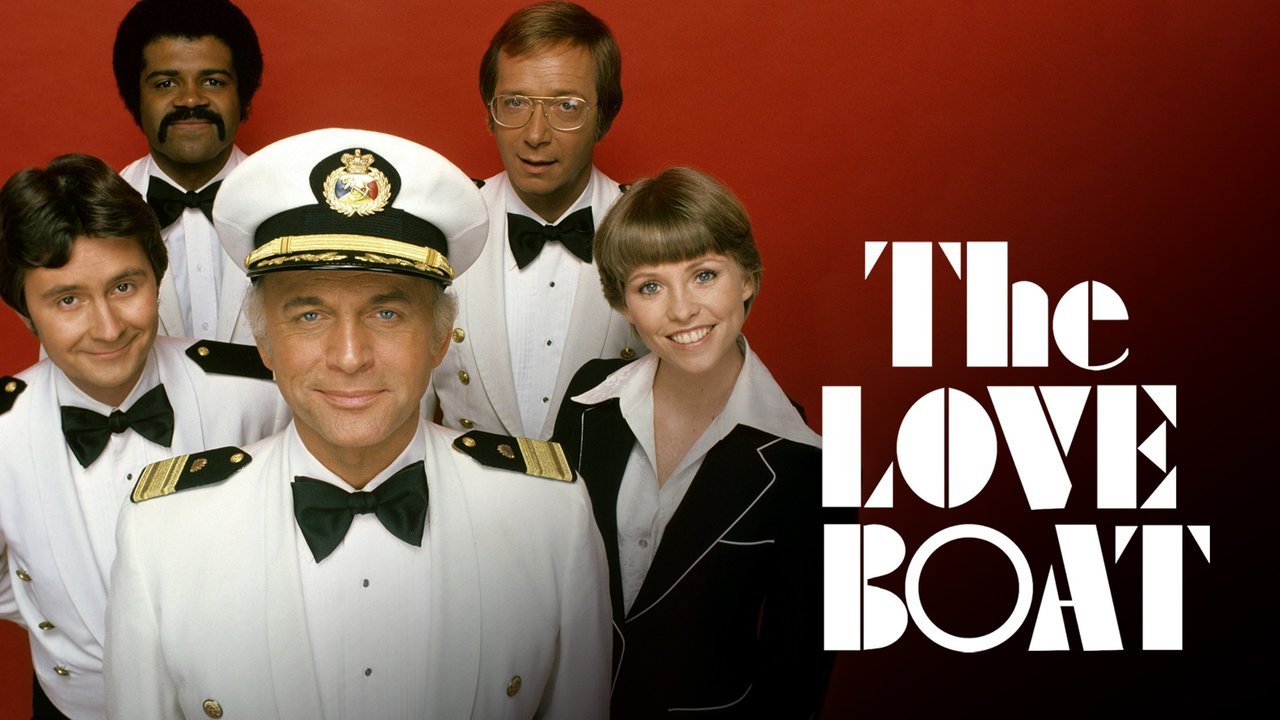
The Dukes Of Hazzard (1979 – 1985)
The Dukes of Hazzard is arguably one of the most iconic yet problematic shows of the ’70s, peddling cringe-worthy Southern culture through exaggerated stereotypes and macho bravado and featuring the notorious Daisy Duke character. The show relied heavily on hackneyed tropes: the ineffectual lawman and toxic masculinity. One of the most contentious elements of the show was its depiction of the Confederate flag on General Lee’s car. While it did affect culture, the series approach to race and gender continues to be quite problematic by today’s standards.
